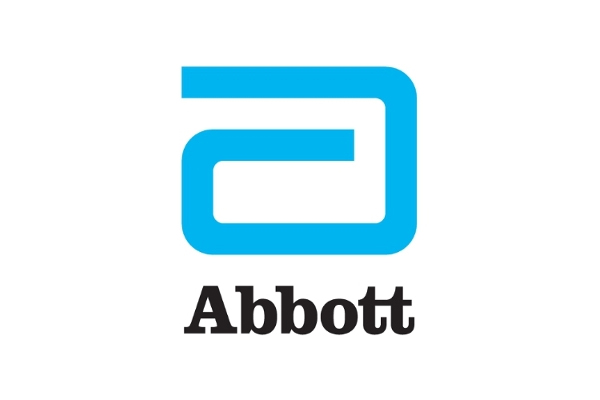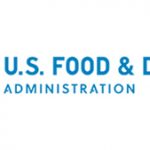Nearly a year ago the threat of COVID-19 began its transition from a state of caution to a global lockdown. The pandemic launched the healthcare community into an all-hands-on-deck emergency, and the medtech community would channel their innovative capabilities to a much higher level then ever before. From day one, the development of diagnostics and the ability to distribute them globally has been a priority. Abbott was there from the beginning, as its team of virus hunters knew COVID-19 was coming by the end of December 2019. By February, the company began developing a molecular test.
“Our customers were starting to call, asking us to bring tests, and we knew they were counting on us; the world was counting on us,” said Andrea Wainer, executive vice president of rapid molecular diagnostics at Abbott during a session at the Consumer Electronics Show this week. “It was at that point that we agreed that we had 30 days to get these tests to market.”
Abbott brought three tests to market in just 4 weeks. The first was the company’s m2000 RealTime system, high throughput molecular lab-based instrumentation that was actually brought to market in about three weeks. Within the first week Abbott had already distributed 1 million tests.
In 2020, Abbott ramped up its manufacturing to provide 11 tests around the global in just 10 months and distributed more than 300 million tests. Perhaps the most well known is the BinaxNOW rapid antigen test, which delivers results in 15 minutes. The advantage of rapid antigen tests is that they can be done more affordably and much more to scale, and they enable frequent testing across large populations, according to Wainer. Abbott’s BinaxNOW test was granted FDA emergency use authorization in August but the company began its long-term strategy for its development and manufacturing in April. Before the company even developed the test, it spent hundreds of millions of dollars building two state-of-the-art manufacturing facilities. “We knew that is what it was going to take… to ensure we could ramp up to 50 million tests a month,” said Wainer. In December the company received FDA emergency use authorization for use of the BinaxNOW test at home (the expanded access involves a partnership with telehealth provider eMed and Abbott’s NAVICA app). Wainer expects that demand for the at-home test will continue to grow. Abbott plans to bring 30 million tests to market in the first quarter and ramp up to 90 million tests in the second quarter, she said, adding that she sees demand surpassing the supply at some point. Abbott also just announced that in addition to fulfilling the government’s order of 150 million BinaxNOW COVID-19 tests, it will be supplying 30 million more tests through March 2021.
As vaccination for COVID-19 is rolled out at a global scale, Wainer expects to see heavy rapid antigen testing through the first half of 2021, and then this will switch to more antibody testing (i.e., indicators on vaccine effectiveness and how responsive individuals are to the vaccines).
“Testing is a critical first line of defense,” said Wainer. “The more you can test, the more you can catch the virus. It’s just simple math.” The demands for testing will continue, and the key will be to make sure that there is capacity to address both rapid testing and antibody testing based on the current needs.






